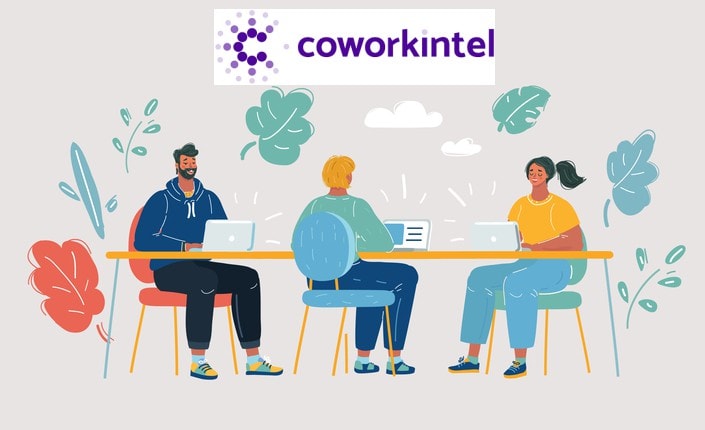Earlier this year, co-founder Ben sat down with Keith from Online Marketplaces to answer 10 questions on Coworking data & CoworkIntel. These questions and answers still ring true today, and are a great way to understand our offering and the power of data analytics for flexible workspaces. Especially in the wake of COVID-19 and looming boom in flexible working.
In the rest of the article we take you through 6 of those questions. You can also read the full interview here, or the full video interview is right here for watching:
What is the problem that CoworkIntel solves?
Commercial real estate is undergoing an important change, similarly to e-commerce and taxis a few years ago. This change brings about a shift towards much more competition between real estate providers and a resulting increase in focus on the value for consumers. However, this new generation of workspace providers do not have access to enterprise-grade market intelligence tools such as the ones available for hoteliers or retail chains. Such tools, in particular competition benchmarking services, enable operators to make informed decisions for instance on pricing and product positioning faster.
CoworkIntel is this tool for operators, investors, owners or brokers in the coworking and flexible workspace sector.
How has Covid-19 changed the landscape for CoworkIntel?
Covid has hurt commercial real estate in general and its flexible part even more so. Our most recent publication shows that contract occupancy in co-working spaces fell to 51% in the fall, down from 78% in February according to our latest report. Physical occupancy is likely to have fallen even further at times during the period.
Looking forward, Covid-19 could be seen as a great opportunity for the space and for us. The workplace transformation that we can see, with companies moving completely to remote areas and the increase of coworking spaces in suburban areas will have a great impact on the competitiveness of the industry.
Beyond that, the shift in work values and possibilities following an enforced relaxation of work-at-home policies for everyone, has already begun to make Coworking and flexible workspaces more relevant than ever. Even governments are getting involved!
What is one thing our readers might not know about but would probably find interesting about the co-working industry?
The largest flex market in the world is in London where it tops around 5% of the total commercial real estate. Some consider this to be due to the historically more flexible job market in the UK than in the rest of Europe.
With the recent review of flexible work policies by the UK government mentioned above, we may see this grow further. However, it remains to be seen how other nations react to the post-COVID shift.
How does CoworkIntel source all of its data? Are there APIs out there or do you have commercial relationships with co-working operators?
We do have explicit agreements from operators to analyse their internal data. We developed APIs that integrate with the different Coworking Space Management Softwares. This allows the coworking owner to save time and helps us with the accuracy of the benchmarking analysis.
This works in tandem with publicly available data that we are able to gather ourselves, making the combination of coverage and accuracy.
What is the most common request from clients?
Clients often inquire about how we make sure the data are kept anonymous. We never show individual-level private data and only aggregate data points in groups of at least 4 operators (a “Comp Set”).
This ensures anonymity and privacy for all clients joining the data co-op, and also a healthy and representative average for drawing insights and conclusions.
How do you see the market evolving and what will you be doing to be ahead of the curve?
As mentioned, due to their flexible nature, we anticipate that Flex will be more in demand by end-users after the crisis. We also see some potential for more flexible contracts with landlords such as profit-sharing agreements, reflecting upstream the flexibility provided by operators to their customers downstream. In our most recent publication, we estimated profit-sharing agreements to be around 10% of the total market share, with 20% owner-operator and 70% on a lease.

If you are a owner, operator, investor or broker in coworking, and would like to get ahead of your competitors with data, you can learn more about our services: start by requesting free access here: https://www.coworkintel.com/signup/
